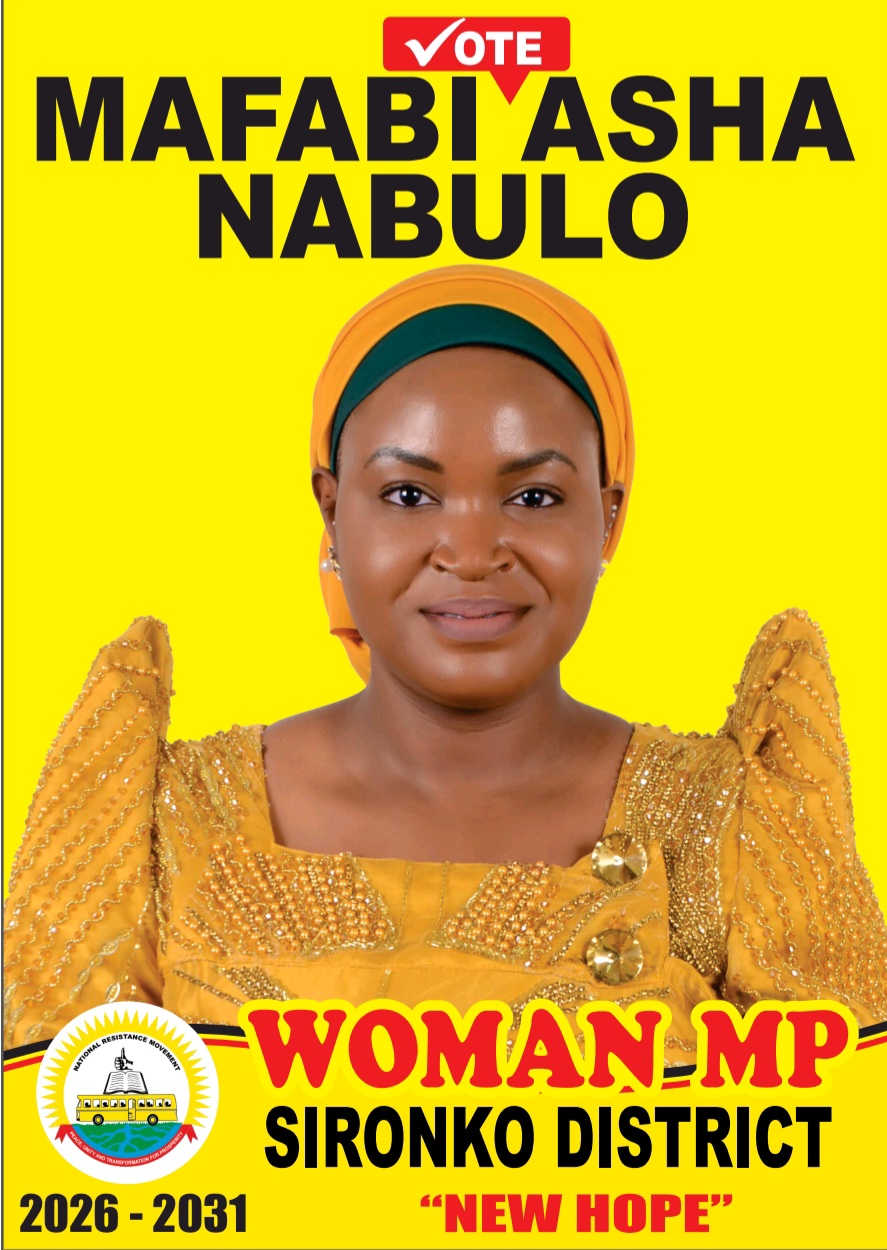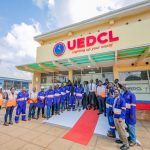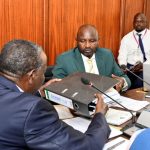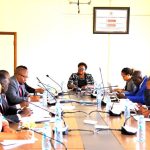Published on 05/08/2025
Jonard Asiimwe Akiiki, a seasoned engineer and visionary policy strategist, has pledged to position Western Uganda at the forefront of national transformation by leveraging science, technology, and innovation to drive economic development. In his latest manifesto as he vies for the position of NRM National Vice Chairperson for Western Uganda.
In a manifesto like no other’s, Jonard outlines a dynamic agenda that aligns closely with Vision 2040 and the NRM Manifesto’s calls for industrialisation, youth empowerment, and technological advancement.

Recognising the pivotal role of Science, Technology, Engineering, and Innovation (STEI) as outlined in Vision 2040, Jonard is advocating for the creation of regional digital hubs that will serve as engines of modernisation.

According to Jornard, these hubs will not only promote knowledge production but will also catalyse a shift from ICT consumption to ICT-driven productivity.
“Our economy must become a producer of knowledge exports, not just a consumer,” Jonard stated while interacting with the media recently.
His proposed Digital Export Acceleration Program is tailored to support local developers, Agritech innovators, and entrepreneurs in accessing regional and continental digital markets through the African Continental Free Trade Area (AfCFTA), advancing the goals of SDG 9.
Jonard’s manifesto further prioritises youth empowerment as a foundational pillar for long-term socio-economic transformation. Through partnerships with key institutions such as the Ministry of Gender, the Makerere Innovation Hub, and private sector players like Huawei Uganda and MTN Foundation.
Furthermore, he plans to establish four Youth Innovation and Business Incubation Hubs in Hoima, Kabale, Mbale, and Kampala which will train thousands of young people in cutting-edge fields such as artificial intelligence, drone technology, digital arts, and agribusiness, turning them into job creators rather than job seekers.
To scale up impact across the region, the Jonard Development Foundation will expand its vocational training programs to 30 districts, focusing on trades and emerging industries like mechanics, construction, and agritech. These efforts will be co-financed by local governments and certified by the Ministry of Gender, Labour and Social Development through the Directorate of Industrial Training (DIT), ensuring that skills meet national standards and improve employability.
In a nod to the potential of the creative economy and sports as viable economic sectors, Jonard proposes the establishment of a national Talent to Market Alliance. This initiative will nurture youth talent in sports and performing arts, building on his previous sponsorships with Kitara FC and Kampala Queens.
Through digital platforms such as YouTube and FIFA Connect, talented youth will gain exposure and secure sponsorships, creating new income streams and raising Uganda’s profile in international arenas.
Asiimwe’s integrated approach ties directly into the NRM Manifesto’s Zonal Industrial Hubs Program and the NDPIII Human Capital Development Program, but adds an innovative layer by formalising informal talent ecosystems in music, art, and sports.
“If we are to build a resilient, inclusive economy, we must recognise and invest in all dimensions of youth potential,” he emphasized. This inclusive vision is set to promote both SDG 4 on quality education and SDG 10 on reduced inequalities.
With over 75% of Uganda’s population under the age of 30, Jonard believes the time is ripe for deliberate and strategic investment in youth-centered programs that not only build skills but also stimulate demand for local goods and services. By integrating youth into Uganda’s broader industrialisation plans, he aims to anchor the country’s shift toward a labour-intensive, innovation-driven economy.
The proposed digital transformation and industrial skilling initiatives also reflect Jonard’s broader ambition to position Uganda as a regional technology hub.
“Uganda must become a leader, not a follower, in Africa’s digital revolution,” he noted, highlighting the synergy between local innovation, national policy, and continental trade frameworks. His emphasis on local solutions for local problems resonates with the NRM’s core ideology of self-reliance and sustainability.
As the race for NRM National Vice Chairperson for Western Uganda intensifies, Jonard Asiimwe’s manifesto is quickly gaining traction for its clarity, vision, and alignment with national and global development frameworks. By putting science, innovation, and youth empowerment at the heart of his campaign, Jonard is not just offering promises—he is presenting a roadmap for a more resilient, inclusive, and prosperous Uganda.








